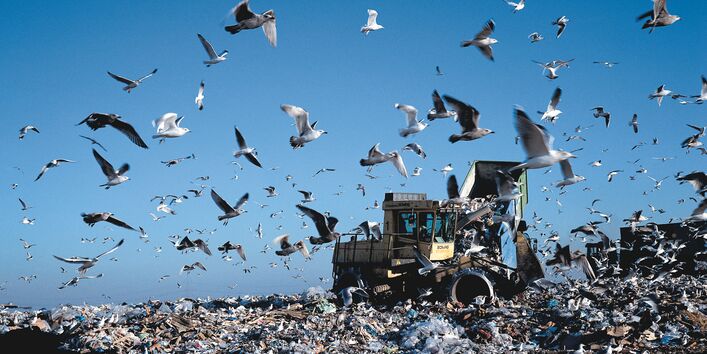Legal basis on waste shipments
German waste shipment regulations are based on the EU Waste Shipment Regulation (WSR), which is in turn based on the Basel Convention and the OECD Council Decision C(92)39/ FINAL. The Basel Convention seeks to limit the export of hazardous waste to developing countries. In parallel to the Basel Convention the OECD countries have developed the OECD Council Decision which establishes a sytem for the notification, identification and control of wastes destined for recovery.
These regulations are supplemented by Germany’s Waste Shipment Act (AbfVerbrG), which contains the legal provisions necessary for the implementation of the Basel Convention in Germany. The Act also contains supplementary provisions to the Waste Shipment Regulation governing in particular compulsory re-importing requirements; financial guarantee; allocation of competences (competent authorities for waste export and import at the Federal States (Länder), and for transit at the UBA); data exchange; penalties and fines. For further information concerning the relevant regulations see legal basis.
The Focal Point to Basel Convention in the UBA is the competent authority for transfrontier movement of waste through Germany. The Focal Point compiles transfrontier waste transport statistics and provides advice and information concerning transfrontier waste movements.
